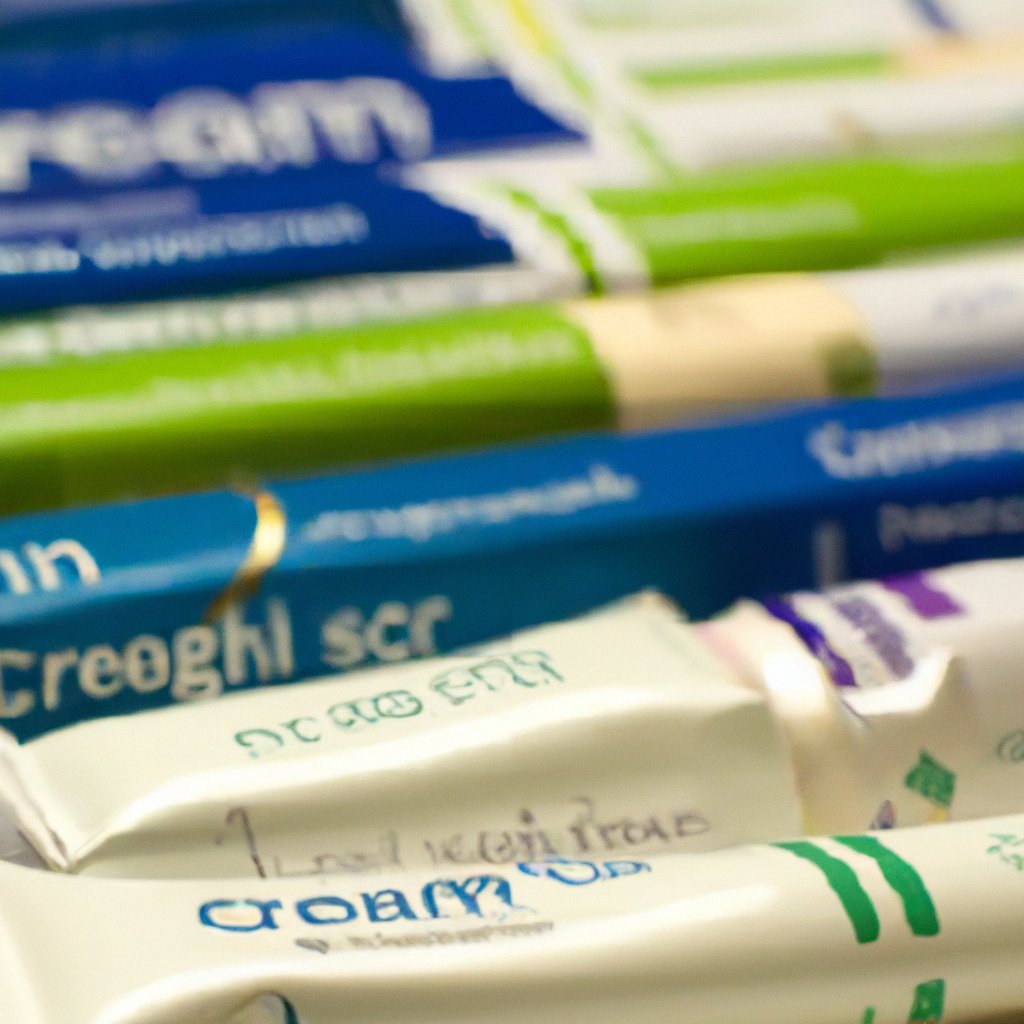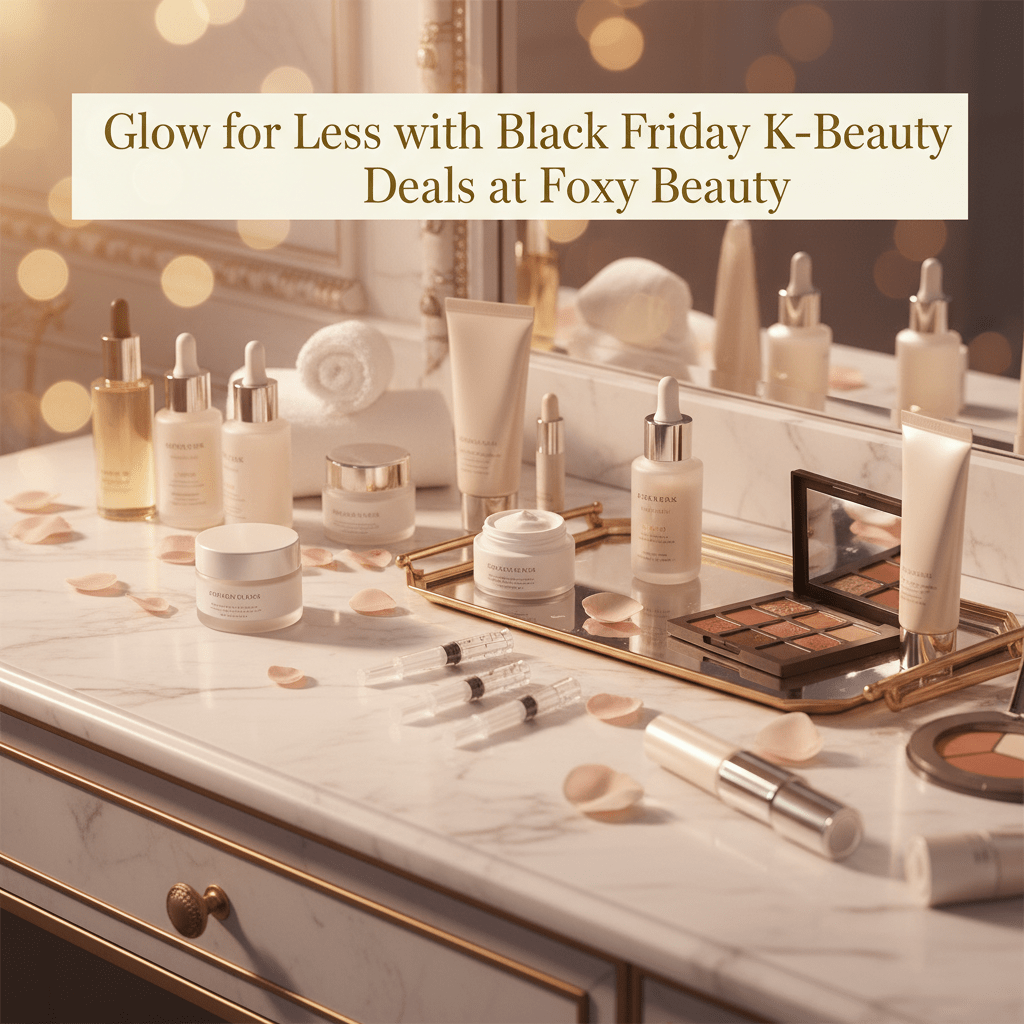Top 10 Numbing Creams for Needles
Are you dreading that upcoming trip to the doctor's office where you'll have to face the dreaded needle? Well, fear no more! In this article, we are going to introduce you to the top 10 numbing creams for needles that will make your next visit a breeze. These creams have been carefully selected based on their effectiveness, ease of use, and customer reviews. So, sit back, relax, and discover the perfect solution to eliminate those needle-related worries once and for all.
1. Lidocaine Creams
Lidocaine creams are widely used as numbing agents for various medical procedures. They work by blocking nerve signals in the skin, providing temporary relief from pain and discomfort.
1.1 Prescription Lidocaine Creams
Prescription lidocaine creams are typically stronger and more concentrated than over-the-counter options. They are commonly prescribed by healthcare professionals for more invasive procedures such as minor surgeries, laser treatments, or catheter insertions. These creams require a doctor's prescription and should only be used under medical supervision.
1.2 Over-the-Counter Lidocaine Creams
Over-the-counter lidocaine creams are readily available without a prescription, making them a popular choice for individuals seeking temporary relief from minor skin irritations, sunburns, or insect bites. These creams usually contain a lower concentration of lidocaine and are suitable for less invasive procedures like injections or blood draws.
2. Benzocaine Creams
Similar to lidocaine, benzocaine creams also act as local anesthetics by numbing the skin and reducing pain sensations. They are commonly used for minor skin procedures and are available both as prescription and over-the-counter options.
2.1 Prescription Benzocaine Creams
Prescription benzocaine creams are typically recommended for more complex medical procedures, such as biopsies or surgical incisions. They provide a higher level of numbing and are often used alongside other anesthesia techniques to ensure patient comfort.
2.2 Over-the-Counter Benzocaine Creams
Over-the-counter benzocaine creams are widely used for relieving pain associated with minor skin conditions like rashes, burns, or itching. These creams have a lower concentration of benzocaine, making them safer for self-application for less invasive procedures like vaccinations or tattooing.

3. Prilocaine Creams
Prilocaine creams are another effective option for numbing the skin and alleviating pain. They are particularly useful in procedures involving small incisions or surface skin treatments.
3.1 Prescription Prilocaine Creams
Prescription prilocaine creams are commonly used for minor surgical procedures, such as dermatological treatments or mole removals. These creams usually require specific instructions from a healthcare professional due to their higher potency.
3.2 Over-the-Counter Prilocaine Creams
Over-the-counter prilocaine creams are milder versions of their prescription counterparts and can be used for minor procedures like vaccinations or blood draws. It is important to carefully follow the instructions provided on the product packaging for safe and effective use.
4. Tetracaine Creams
Tetracaine creams are local anesthetics that work by numbing the nerve endings in the skin, providing relief from pain and discomfort. They are commonly used for surface-level procedures or minor skin irritations.
4.1 Prescription Tetracaine Creams
Prescription tetracaine creams are typically recommended for more invasive procedures, such as wound suturing or skin grafts. These creams should be used under the guidance of a healthcare professional to ensure the correct dosage and application.
4.2 Over-the-Counter Tetracaine Creams
Over-the-counter tetracaine creams are available for minor skin procedures like injections or superficial wound treatments. These creams usually contain a lower concentration of tetracaine and can be applied safely by following the instructions on the product packaging.

5. EMLA Cream
EMLA cream is a popular numbing cream used for various medical procedures. It contains a combination of lidocaine and prilocaine, providing effective pain relief for more invasive treatments.
5.1 Composition and Mechanism of Action
EMLA cream is composed of 2.5% lidocaine and 2.5% prilocaine. When applied to the skin, it works by blocking the nerve signals, thus numbing the area and reducing pain sensations during medical procedures.
5.2 Application and Usage
EMLA cream should be applied approximately one hour before the scheduled procedure. It should be spread evenly over the intended area, ensuring complete coverage. The cream can be covered with an occlusive dressing to enhance its effectiveness. Usage instructions may vary depending on the specific procedure, so it is essential to follow the guidance of a healthcare professional.
5.3 Potential Side Effects
While EMLA cream is generally considered safe and well-tolerated, some individuals may experience mild side effects such as redness, itching, or swelling at the application site. Serious allergic reactions are extremely rare but can occur. It is important to consult with a healthcare professional before using EMLA cream, particularly if you have any known allergies or medical conditions.
5.4 Availability and Recommendations
EMLA cream is a prescription medication and can be obtained through a healthcare provider. It is highly recommended for more invasive procedures like skin surgeries, laser treatments, or even child vaccinations. Consultation with a medical professional is crucial to determine the appropriate usage and dosage.
6. Amethocaine Creams
Amethocaine creams are effective topical anesthetics commonly used for minor skin procedures. They provide temporary relief from discomfort and are available through prescription and over-the-counter options.
6.1 Prescription Amethocaine Creams
Prescription amethocaine creams are often used for more invasive procedures like incisions or suturing. These creams have a higher concentration of amethocaine and should only be used under the guidance of a healthcare professional.
6.2 Over-the-Counter Amethocaine Creams
Over-the-counter amethocaine creams are available for minor procedures such as piercing or blood draws. These creams usually contain a lower concentration of amethocaine and can be safely applied following the instructions provided on the product packaging.
7. Proxymetacaine Creams
Proxymetacaine creams are topical anesthetics commonly used for minor eye procedures or eye examinations. They provide temporary relief from eye discomfort and are available in both prescription and over-the-counter options.
7.1 Prescription Proxymetacaine Creams
Prescription proxymetacaine creams are specifically formulated for use in ophthalmic procedures. They are recommended for more complex eye examinations or surgeries and should only be used under the supervision of an eye care professional.
7.2 Over-the-Counter Proxymetacaine Creams
Over-the-counter proxymetacaine creams are milder versions of their prescription counterparts and are commonly used for minor eye irritations or examinations. These creams should be used cautiously, and it is advisable to consult with an eye care professional before use.
8. Maximum Strength Numbing Creams
Maximum strength numbing creams are designed to provide intense numbing sensations for more extensive or painful procedures. Two commonly used ingredients in such creams are benzocaine and lidocaine.
8.1 Benzocaine-based Maximum Strength Creams
Benzocaine-based maximum strength creams offer a potent numbing effect, making them suitable for procedures like tattooing, body piercing, or extensive dental work. These creams should be used strictly as directed and should not be applied on broken or irritated skin.
8.2 Lidocaine-based Maximum Strength Creams
Lidocaine-based maximum strength creams also provide powerful numbing relief and are commonly used for severe pain management during medical procedures. Care should be taken to use these creams under medical supervision to prevent any adverse reactions.
9. Numbing Creams for Specific Procedures
Different procedures may require specialized numbing creams to ensure patient comfort. Here are a few commonly used numbing creams for specific procedures:
9.1 Numbing Creams for Vaccinations
For vaccinations, lidocaine or benzocaine creams are often utilized. These creams can be applied to the injection site before the procedure to minimize discomfort.
9.2 Numbing Creams for Tattooing
Tattooing procedures often involve prolonged periods of pain. Maximum strength lidocaine or benzocaine creams are frequently recommended to numb the tattooed area before and during the process.
9.3 Numbing Creams for Piercings
Piercings can be painful, especially in sensitive areas. Numbing creams containing benzocaine or lidocaine are commonly used to minimize pain during the piercing process.
9.4 Numbing Creams for Blood Draws
Blood draws can cause discomfort or anxiety in some individuals. Applying a numbing cream with lidocaine or prilocaine to the intended area can help alleviate pain and make the procedure more tolerable.
9.5 Numbing Creams for Dermatological Procedures
Dermatological procedures like mole removals or laser treatments often require effective numbing creams to ensure patient comfort. Prescription creams containing lidocaine, prilocaine, or tetracaine are commonly utilized for such procedures.
10. Natural and Homeopathic Numbing Creams
For individuals seeking alternative options, there are natural and homeopathic numbing creams available. These creams often contain plant-derived ingredients known for their soothing properties.
10.1 Arnica-based Numbing Creams
Arnica-based creams are believed to have anti-inflammatory properties and may provide temporary relief from pain. They are commonly used for minor skin irritations and bruising associated with medical procedures.
10.2 Calendula-based Numbing Creams
Calendula-based creams are known for their moisturizing and healing properties. They are often used for minor skin procedures like scrapes, cuts, or burns.
10.3 Chamomile-based Numbing Creams
Chamomile-based creams are widely known for their calming and soothing effects. They can be used for various skin irritations or minor procedures to alleviate discomfort.
10.4 Tea Tree Oil-based Numbing Creams
Tea tree oil-based creams are popular for their antimicrobial properties. While they may not provide intense numbing sensations, they can assist in preventing infections associated with minor skin procedures.
10.5 Clove Oil-based Numbing Creams
Clove oil-based creams contain eugenol, which has local anesthetic properties. These creams may provide temporary numbing relief and are commonly used for tooth extractions or dental procedures.
10.6 Plantain-based Numbing Creams
Plantain-based creams are often used for their skin-soothing properties. They can provide relief from minor skin irritations or insect bites.
In conclusion, there are various numbing creams available for different medical procedures, each with its own composition, mechanism of action, and usage instructions. It is important to consult with a healthcare professional to determine the most suitable numbing cream for your specific needs and to ensure safe and effective usage. Whether it's for minor procedures like vaccinations or more invasive surgeries, numbing creams can significantly enhance patient comfort and minimize pain.






